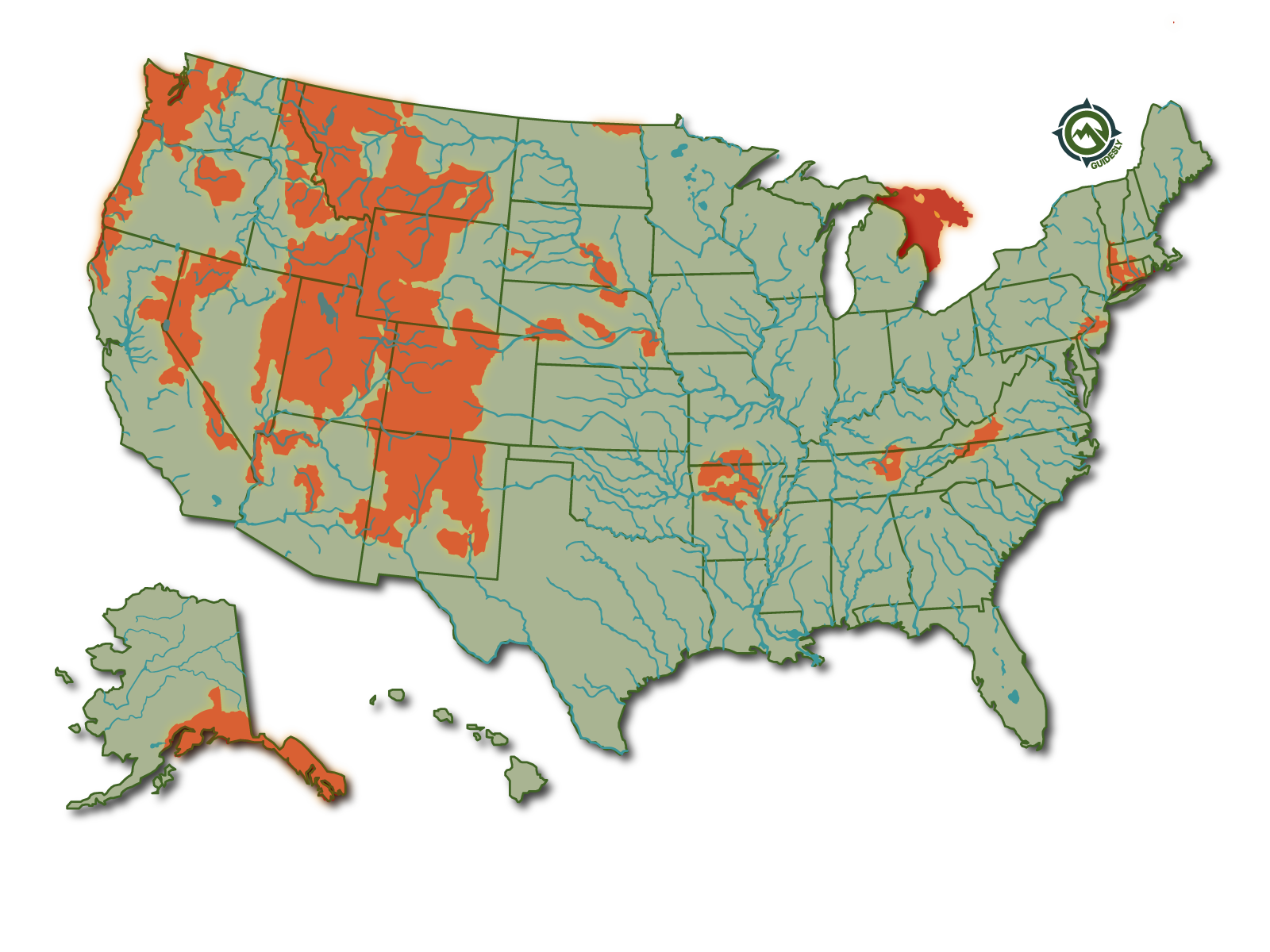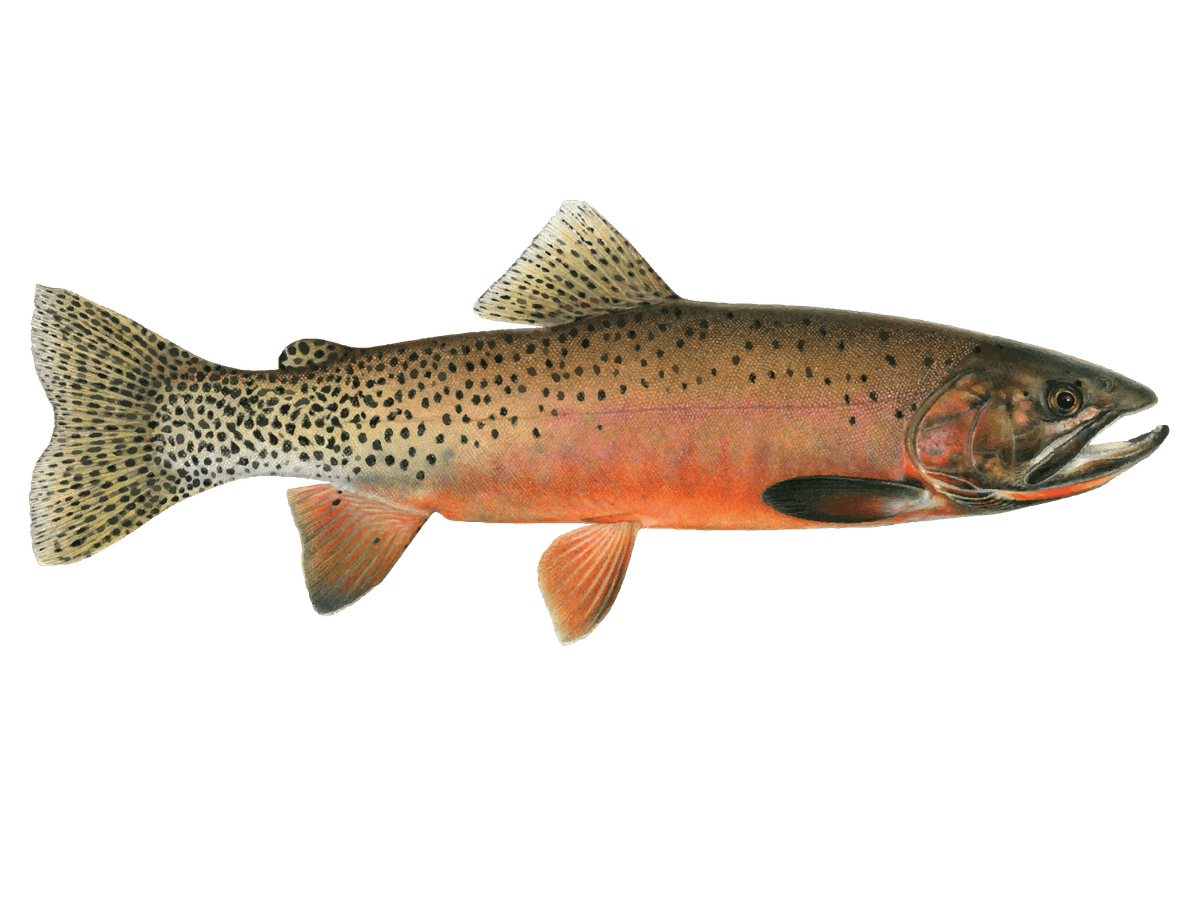//users/28093889-9364-4179-9a1f-3fa81e39616a/ratecard/fishing-adventure-california.jpg)
%2Ffit-in%2F300x300%2Fusers%2F28093889-9364-4179-9a1f-3fa81e39616a%2Fratecard%2Ffishing-adventure-california.jpg&w=256&q=75)
%2F300x300%2Fusers%2F28093889-9364-4179-9a1f-3fa81e39616a%2Fimages%2Fgreat_day_lake_reeling_656070.png&w=256&q=75)
%2F300x300%2Fusers%2F28093889-9364-4179-9a1f-3fa81e39616a%2Fimages%2Freno-angler-trophy-rainbow-trout-2657.jpg&w=256&q=75)
%2F300x300%2Fusers%2F28093889-9364-4179-9a1f-3fa81e39616a%2Fimages%2Fanglers-reno-fishing-2550.jpg&w=256&q=75)
%2F300x300%2Fusers%2F28093889-9364-4179-9a1f-3fa81e39616a%2Fimages%2Ffishing-adventure-california-2503.jpg&w=256&q=75)
%2F300x300%2Fusers%2F28093889-9364-4179-9a1f-3fa81e39616a%2Fimages%2Fangler-reno-fishing-2400.jpg&w=256&q=75)
%2F300x300%2Fusers%2F28093889-9364-4179-9a1f-3fa81e39616a%2Fimages%2Frainbow-trout-reno-2447.jpg&w=256&q=75)
%2F300x300%2Fusers%2F28093889-9364-4179-9a1f-3fa81e39616a%2Fimages%2Freno-fishing-adventure-2335.jpg&w=256&q=75)
%2F300x300%2Fusers%2F28093889-9364-4179-9a1f-3fa81e39616a%2Fimages%2Ffishing-adventure-california-2415.jpg&w=256&q=75)
%2F300x300%2Fusers%2F28093889-9364-4179-9a1f-3fa81e39616a%2Fimages%2Fanglers-catch-reno-2704.jpg&w=256&q=75)
%2F300x300%2Fusers%2F28093889-9364-4179-9a1f-3fa81e39616a%2Fimages%2Ftriumphant-chinook-salmon-reno-2628.jpg&w=256&q=75)
Learn Trout Fishing on Pyramid Lake, Nevada
What you will be catching:
 Cutthroat Trout
Cutthroat Trout
- 5.5-hour beginner-friendly Lahontan Cutthroat Trout fishing experience
- Complete gear provision and personalized instruction in lake fishing techniques
- Small group setting with maximum four guests for individualized attention
Trip Pricing and Availabilities :
Trip pricing information is temporarily unavailable.
Reel in Pyramid Lake's Prized Cutthroat
Ready to tangle with some of Nevada's biggest trout? Our weekend guided fishing trip on Pyramid Lake is perfect for newbies looking to learn the ropes and seasoned anglers alike. We'll spend 5.5 hours chasing the legendary Lahontan Cutthroat Trout, known to reach monster sizes in these unique alkaline waters. Whether you're dreaming of landing your first fish or aiming to best your personal record, Captain Brad's got the local know-how to put you on the action.
Trip Lowdown
Picture this: You're standing on the shoreline of Pyramid Lake, rod in hand, as the sun peeks over the desert mountains. The water stretches out like glass, broken only by the occasional ripple of a cruising cutthroat. Captain Brad's right there beside you, showing you how to read the water and pick your spots. This ain't your average fishing hole - Pyramid Lake is a special place, and fishing here is an experience you won't forget.
We keep our groups small - just 4 anglers max - so you'll get plenty of one-on-one attention. No need to sweat the gear either. We provide all the rods, reels, and tackle you'll need to get started. And don't worry if you've never held a fishing rod before. By the end of the day, you'll be casting like a pro and telling fish stories with the best of 'em.
Techniques & Tactics
Fishing Pyramid Lake is a whole different ballgame compared to your typical trout stream. We'll start off with the basics - how to cast without tangling yourself up (happens to the best of us), and how to work different lures to entice those big cutthroat. You'll learn the art of jigging - a technique that's deadly effective on Pyramid's cruising trout. We'll also cover how to retrieve your lure to mimic wounded baitfish and trigger those instinctive strikes.
As the day goes on, we'll adapt our approach based on what the fish are doing. Maybe we'll switch to stripping streamers if the trout are feeling aggressive, or slow things down with some bottom bouncing if they're being stubborn. The beauty of Pyramid Lake is that conditions can change quickly, so we'll teach you how to stay on your toes and adjust your tactics to keep the fish coming.
What Anglers Are Saying
We don't have any customer reviews to share just yet, but rest assured, we're working hard to make every trip a memorable one. Your feedback helps us improve, so don't be shy about letting us know how we did after your adventure!
Target Species Breakdown
The star of the show at Pyramid Lake is the Lahontan Cutthroat Trout. These bad boys are the largest trout native to North America, and they grow to absolutely ridiculous sizes in Pyramid Lake. We're talking fish that can tip the scales at over 20 pounds - that's a trout you could put a saddle on! These cutthroat are known for their distinctive red slash under the jaw (hence the name) and their aggressive feeding habits.
What makes fishing for Lahontan Cutthroat so exciting is their unpredictable nature. One minute, the lake can seem dead calm, and the next, you're in the middle of a feeding frenzy with fish boiling all around you. They're known to cruise the shallows, especially in the cooler months, which means you can often sight-fish for them - there's nothing quite like watching a big trout chase down your lure.
The best time to target these giants is typically from October through June. Spring can be particularly hot, as the fish move into shallower water to spawn. But don't count out the winter months - some of the biggest fish of the year are caught when the weather's at its coldest. Just be ready to bundle up!
Why Anglers Keep Coming Back
Folks, let me tell you - once you've fished Pyramid Lake, regular trout fishing just ain't the same. It's not just about the size of the fish (though that doesn't hurt). It's about the whole package. You're standing in one of the most unique landscapes in the country, surrounded by high desert, with pelicans soaring overhead and wild mustangs roaming in the distance. And then there's the thrill of the hunt - knowing that each cast could connect you with a fish of a lifetime.
But what really keeps people coming back is the challenge. Pyramid Lake isn't an easy fishery to crack. The fish are smart, the conditions can be tough, and you've got to earn every catch. That's why learning from a guide like Captain Brad is so valuable. You're not just learning how to catch fish here - you're gaining skills that'll make you a better angler no matter where you wet a line.
Time to Wet a Line
Look, I could go on all day about why Pyramid Lake is such a special place to fish. But at the end of the day, there's only one way to really understand - you've got to experience it for yourself. Whether you're a complete novice or you've been fishing your whole life, this trip is your ticket to some of the best trout fishing in the country.
So what are you waiting for? Spots fill up fast, especially during prime season. Give us a call or shoot us an email to lock in your date. We'll take care of all the details - you just need to show up ready to learn, have fun, and hopefully land the trout of your dreams. Trust me, once you feel that first Lahontan Cutthroat on the end of your line, you'll be hooked for life. Let's make it happen!
Learn more about the animal
Cutthroat Trout
## Cutthroat Trout (Oncorhynchus Clarkii) The Cutthroat Trout can vary widely in size, colorations, and even habitat selection. They can range in colors from gray, green, and also gold on the back. Most Cutthroat trout have an orange, red, or pink coloring that runs linear to their mandibles, hence the name "Cutthroat." The fish also have fresh and saltwater strains or subspecies, with some going from pacific coast tributaries to coast time waters, and are semi-anadromous. ## Cutthroat Trout Size Size can vary significantly from subspecies of the cutthroat trout, and at maturity can range from 6 to 40 inches depending on the subspecies and habitat and forage availability. For example, the coastal cutthroat trout ranges typically in the 2-5 pound range, While subspecies inhabiting large inland lakes can grow to 17 pounds 40 inches in length. While the fish inhabiting smaller bodies of water and streams and creeks may be in the 8 to 10-inch range. ## Cutthroat Trout Facts In the early 20th-century, fish hatcheries were built in the Yellowstone National Park to breed and stock the game fish in suitable waters where populations could be established. Between 1901 and 1953, 818 million cutthroat trout eggs were distributed from Yellowstone to hatcheries around the United States. There are also currently 14 recognized subspecies in total, and these subspecies are all native to separate and different geographical areas. ## Cutthroat Trout Distribution and HeatMap The cutthroat trout in all subspecies are found on the Pacific Northwest coast from British Columbia to northern California, the Great Basin, and the Cascade range as well as throughout the Rocky Mountains as far north as southern Alberta. Famous cutthroat trout water include Pyramid Lake, Nevada, the Colorado Rockies or the Weber River in Utah.  ## Cutthroat Trout Habitat The Oncorhynchus Clarkii live in bodies of water that are well oxygenated, clear, and cold, including moderately deep lakes and shallow rivers and streams with gravel or rocky bottoms. They like healthy rivers with clean water. Find the cutthroat anywhere they can hide like along vegetation, brush overhand and beaver dams. ## Cutthroat Trout Fishing Cutthroat trout are a popular game fish for anglers where they are found, particularly for anglers who enjoy fly fishing. Cutthroat trout love eating prey such as insect nymphs and larvae. Fly imitations for insects that are prevalent in the area and or currently hatching and in abundance are an excellent way to start if your fly fishing most fly fishermen know this as "matching the hatch." Along with matching the hatch, a good rod to use would be a 4 to 6 weight fly rod with a medium action in 8.5 to 9 feet of length. You can also catch cutthroat trout on spinning tackle too and lures like rooster tail spinners, and Mepps style spinners of smaller sizes are the right place to start. ## Fishing Lures There are tons of flies on the market that will work for catching these fish. Gold bead prince nymphs are an excellent example as well as stonefly imitations and flies like elk hair caddis fly imitations. Casting lures such as the Mepps spin flies and the famous Wordens rooster tails are hard to beat if you're not using a fly rod and stick to conventional tackle. ## The Trout Family Trout are members of the family Salmonidae, order Salmoniformes. The native trout family is closely related to salmon. A top fly fishing family of fish that are both tremendous game fish and tasty eating fish. Found in small streams, large rivers, and any trout stream with the right water temperature, aquatic insects, and clean water. The trout species is usually restricted to freshwater, though a few types migrate to the sea between spawnings. Members of the trout species include [Rainbow Trout](https://guidesly.com/fishing/fish-species/rainbow-trout), [Brown Trout](https://guidesly.com/fishing/fish-species/brown-trout), [Brook Trout](https://guidesly.com/fishing/fish-species/brook-trout), [Lake Trout](https://guidesly.com/fishing/fish-species/lake-trout), [Steelhead Trout](https://guidesly.com/fishing/fish-species/steelhead), [Bull Trout](https://guidesly.com/fishing/fish-species/bull-trout), [Cutthroat Trout](https://guidesly.com/fishing/fish-species/cutthroat-trout), [Apache Trout](https://guidesly.com/fishing/fish-species/apache-trout) and several other smaller species.

About the River Wild (Lake Fishing)
%2F%2Fusers%2F28093889-9364-4179-9a1f-3fa81e39616a%2Fvehicle_picture%2Fbugicariverwild.jpg&w=1200&q=75)
Vehicle Guest Capacity: 6
Manufacturer Name: Yamaha
Maximum Cruising Speed: 35
Number of Engines: 1
Horsepower per Engine: 250
%2Ffit-in%2F250x250%2Fguide_websites%2F10438%2Fimages%2Fpyramidlakefishing.png&w=1200&q=100)


%2Ffilters%3Aformat(webp)%2Fusers%2F28093889-9364-4179-9a1f-3fa81e39616a%2Fimages%2Freno-fishing-adventure-2335.jpg&w=768&q=75)
%2Ffilters%3Aformat(webp)%2Fusers%2F28093889-9364-4179-9a1f-3fa81e39616a%2Fimages%2Ffishing-adventure-california-2415.jpg&w=768&q=75)
%2Ffilters%3Aformat(webp)%2Fusers%2F28093889-9364-4179-9a1f-3fa81e39616a%2Fimages%2Fanglers-catch-reno-2704.jpg&w=768&q=75)
%2Ffilters%3Aformat(webp)%2Fusers%2F28093889-9364-4179-9a1f-3fa81e39616a%2Fimages%2Ftriumphant-chinook-salmon-reno-2628.jpg&w=768&q=75)
%2Ffilters%3Aformat(webp)%2Fusers%2F28093889-9364-4179-9a1f-3fa81e39616a%2Fimages%2Fgreat_day_lake_reeling_656070.png&w=768&q=75)
%2Ffilters%3Aformat(webp)%2Fusers%2F28093889-9364-4179-9a1f-3fa81e39616a%2Fimages%2Freno-angler-trophy-rainbow-trout-2657.jpg&w=768&q=75)
%2Ffilters%3Aformat(webp)%2Fusers%2F28093889-9364-4179-9a1f-3fa81e39616a%2Fimages%2Fanglers-reno-fishing-2550.jpg&w=768&q=75)
%2Ffilters%3Aformat(webp)%2Fusers%2F28093889-9364-4179-9a1f-3fa81e39616a%2Fimages%2Ffishing-adventure-california-2503.jpg&w=768&q=75)
%2Ffilters%3Aformat(webp)%2Fusers%2F28093889-9364-4179-9a1f-3fa81e39616a%2Fimages%2Fangler-reno-fishing-2400.jpg&w=768&q=75)
%2Ffilters%3Aformat(webp)%2Fusers%2F28093889-9364-4179-9a1f-3fa81e39616a%2Fimages%2Frainbow-trout-reno-2447.jpg&w=768&q=75)
